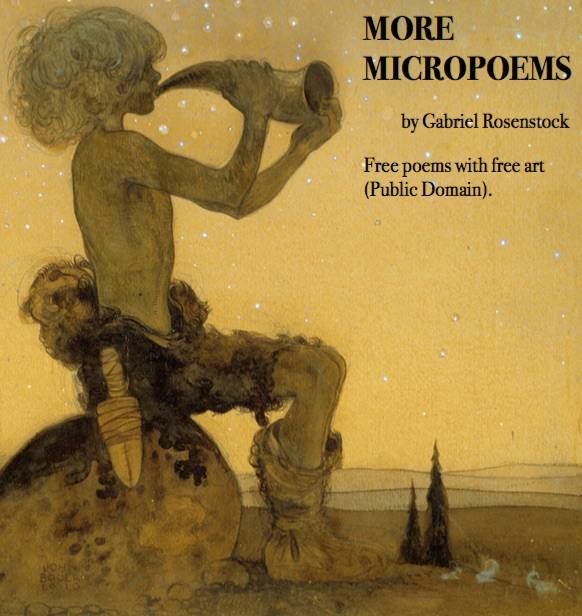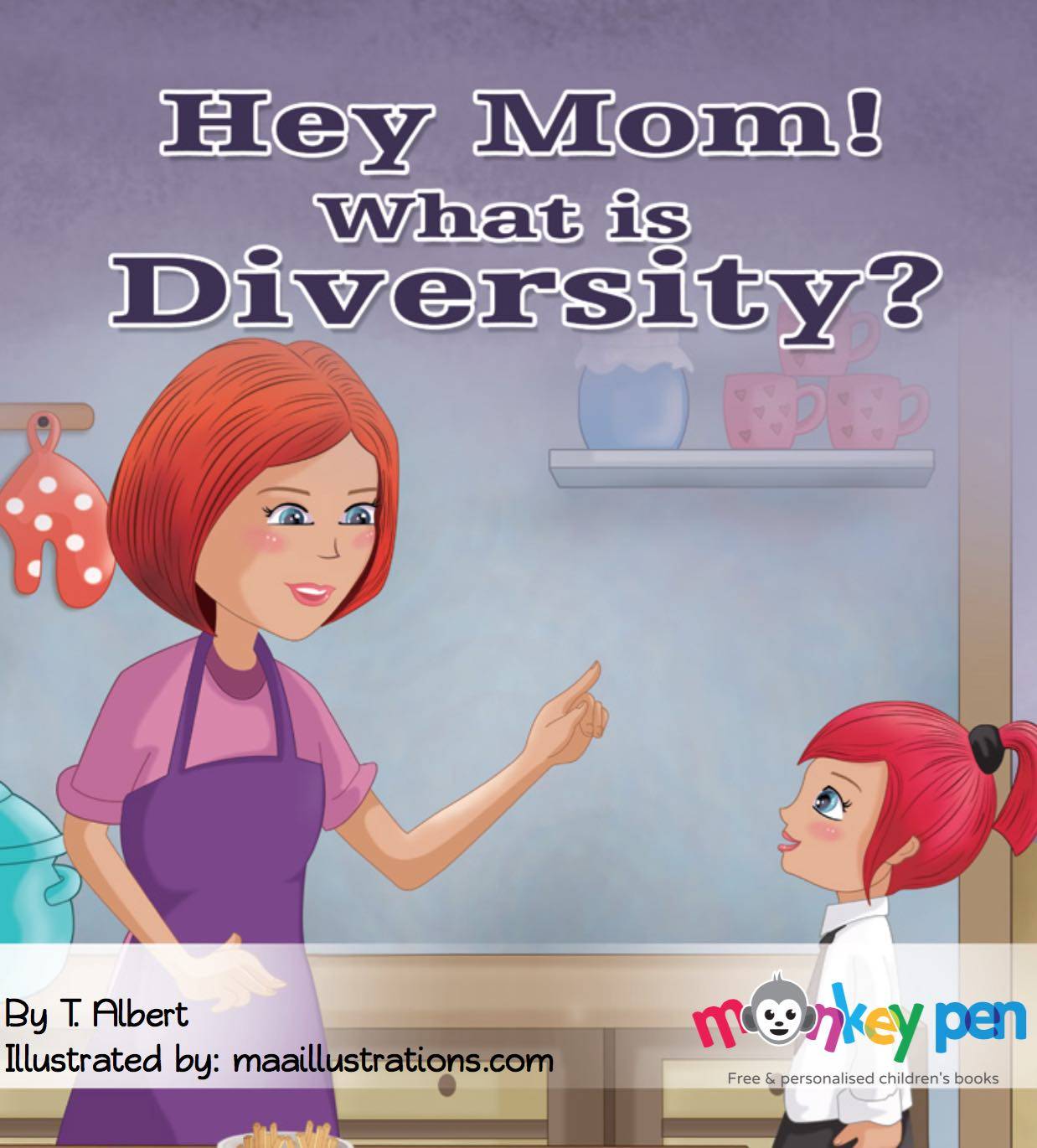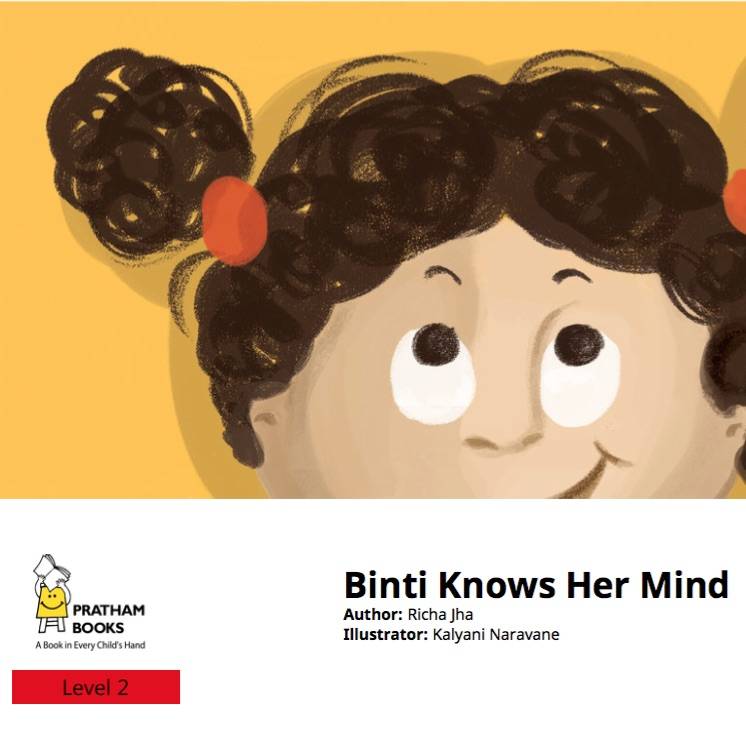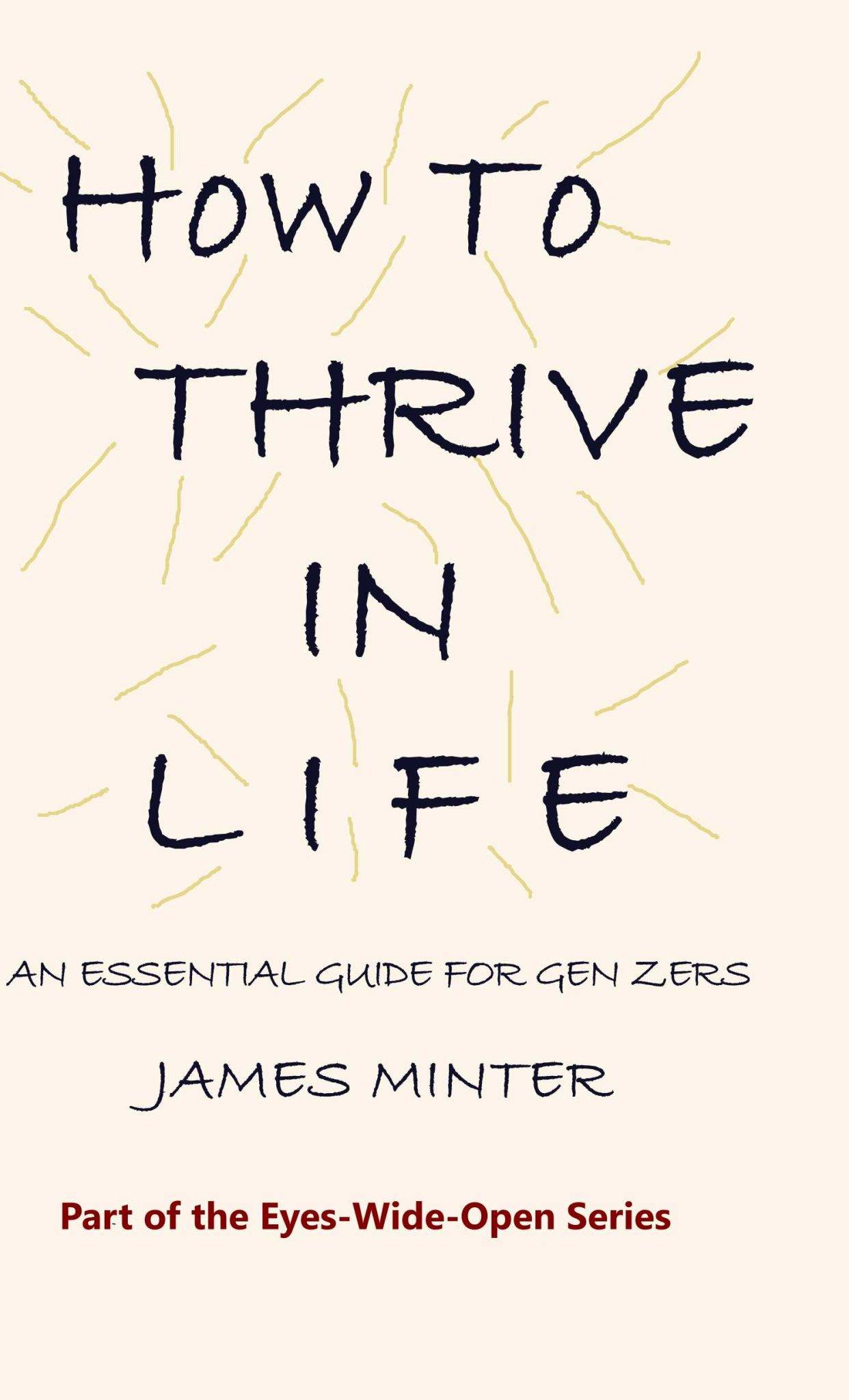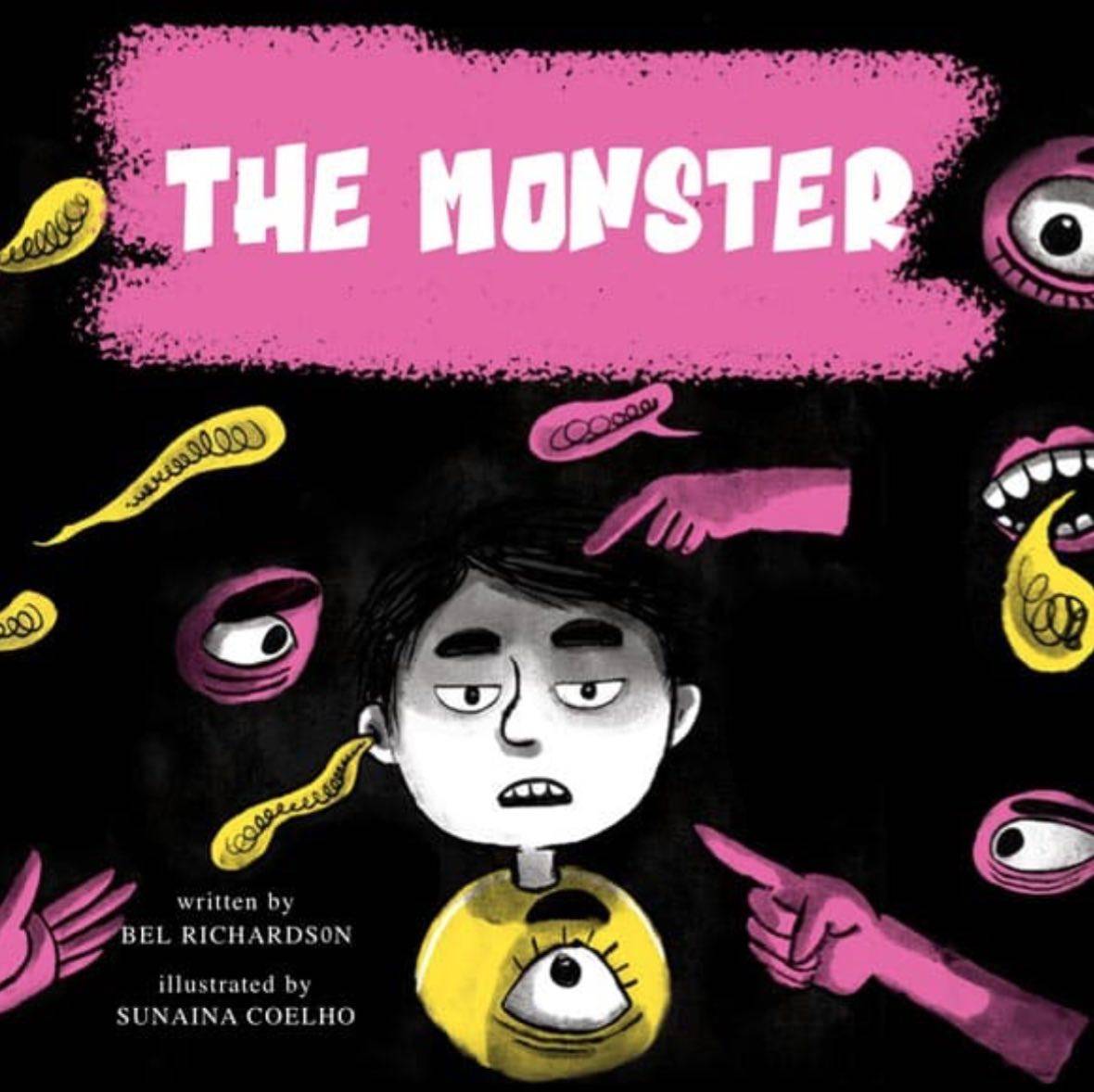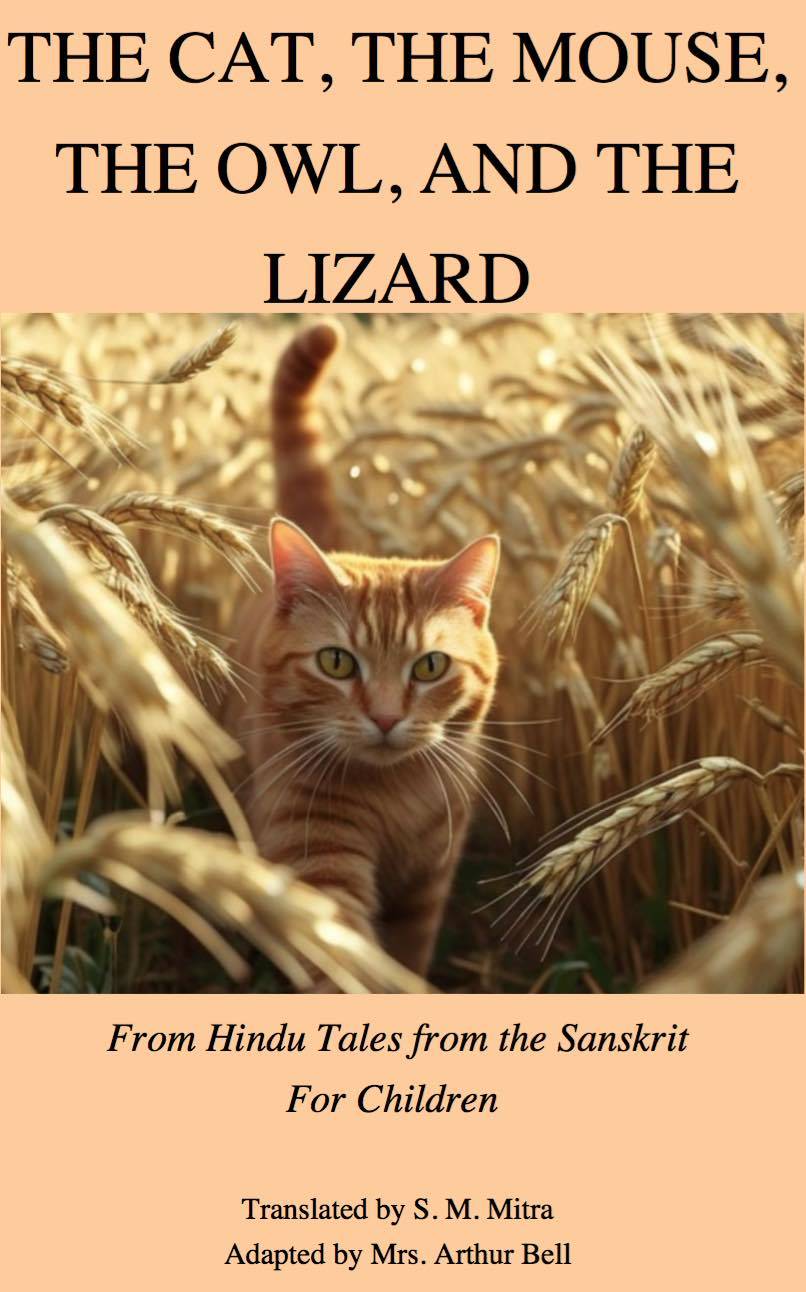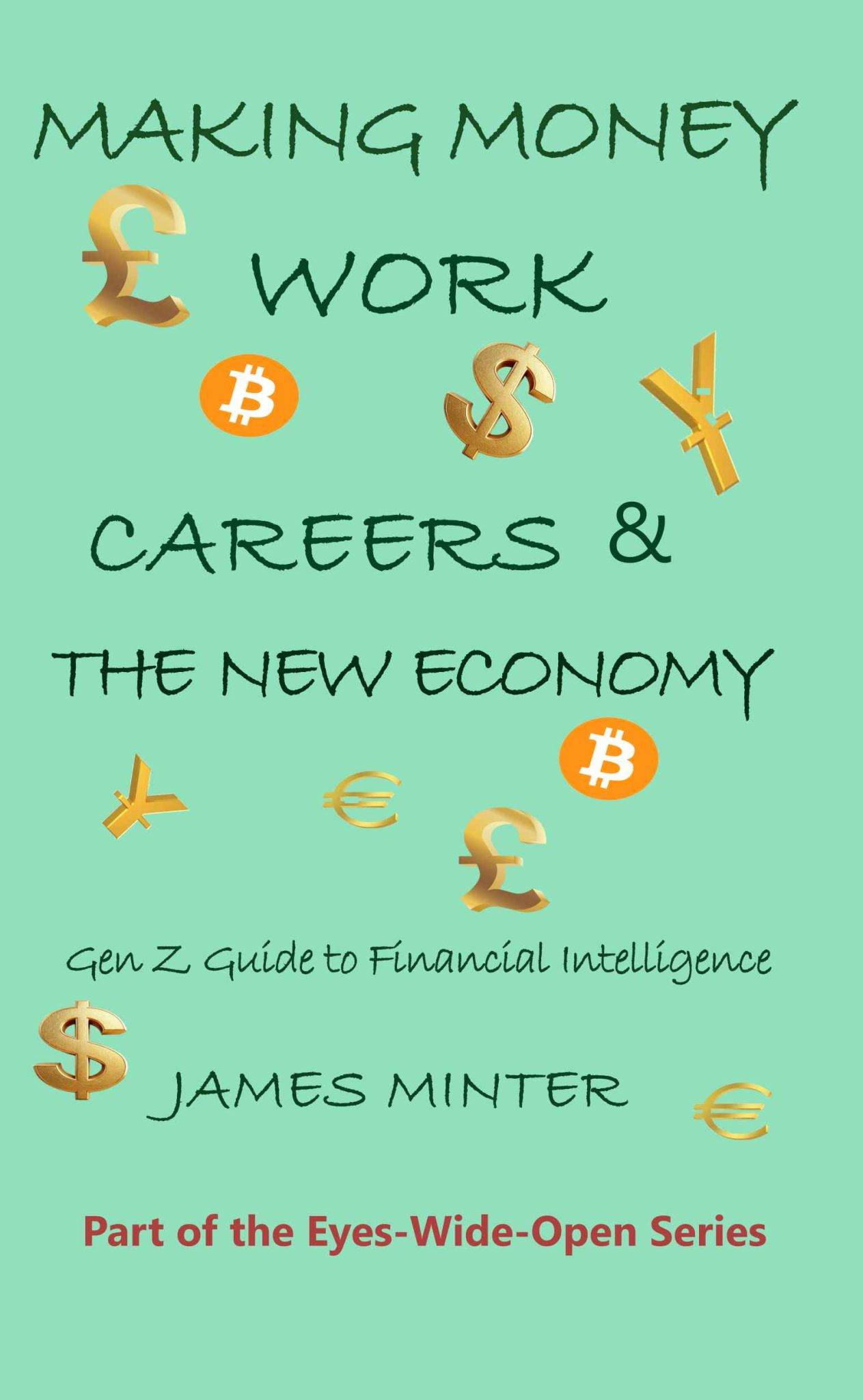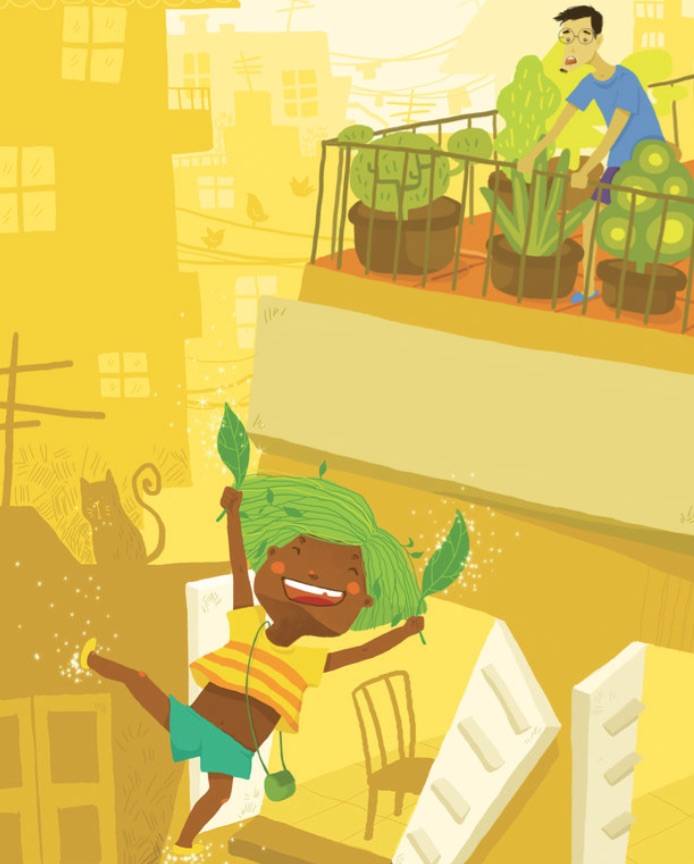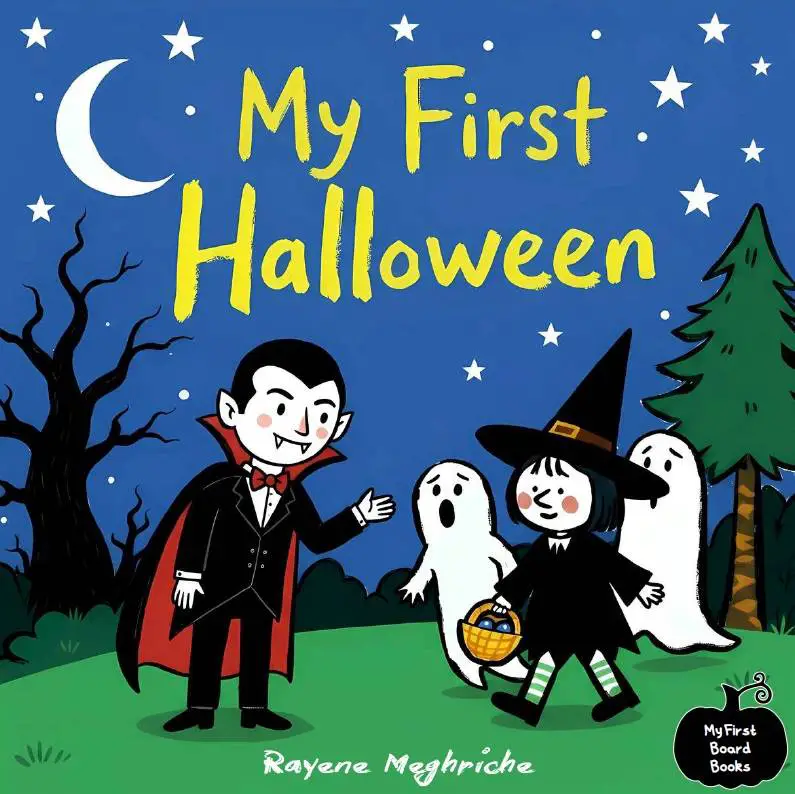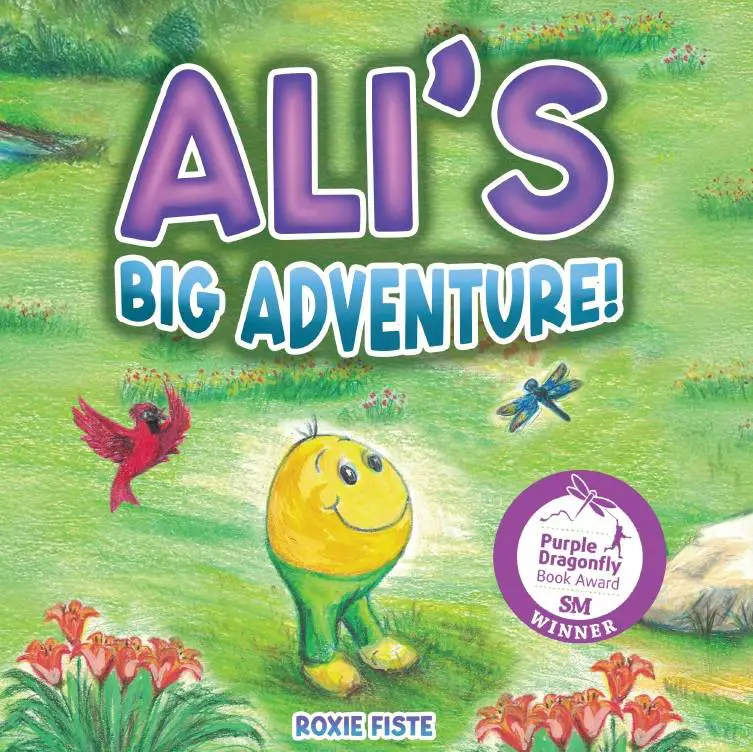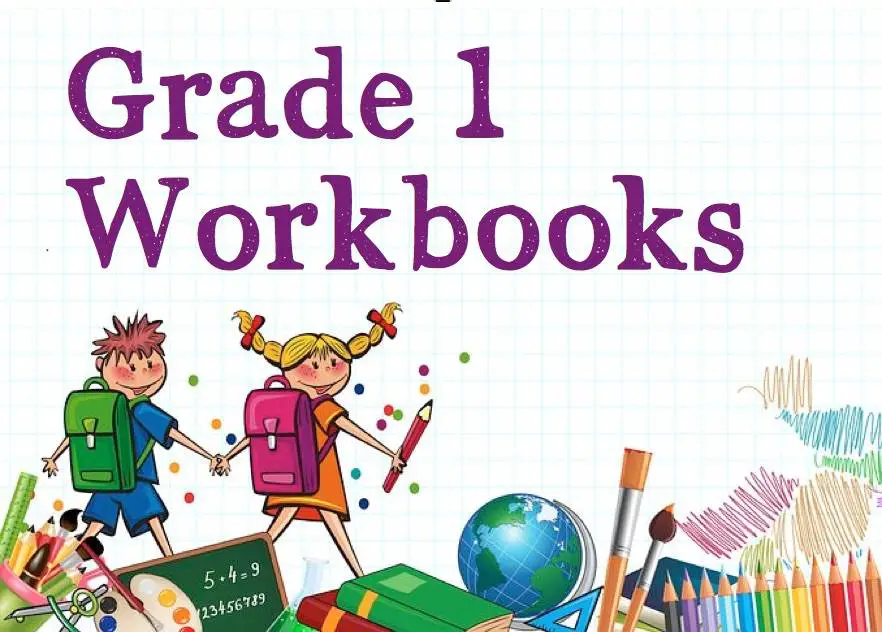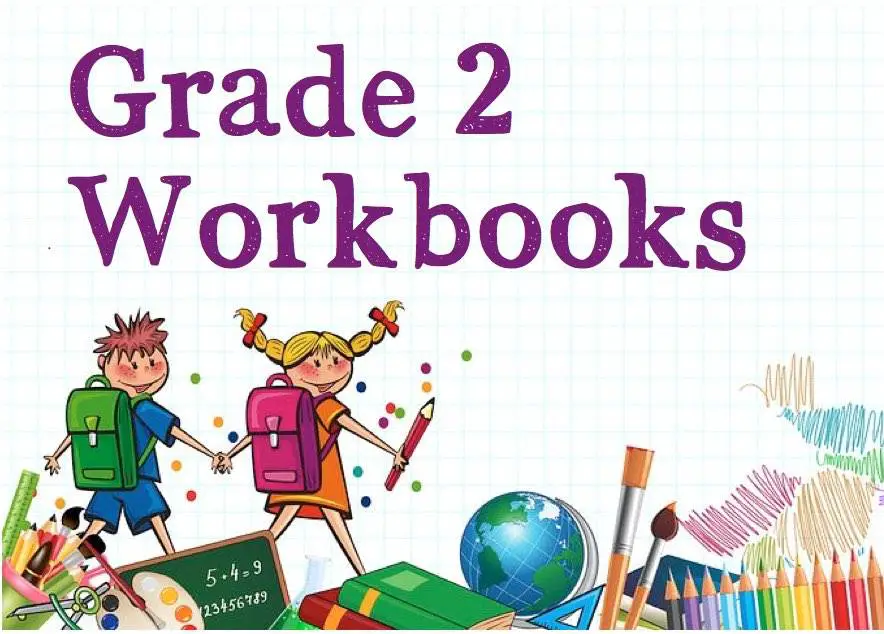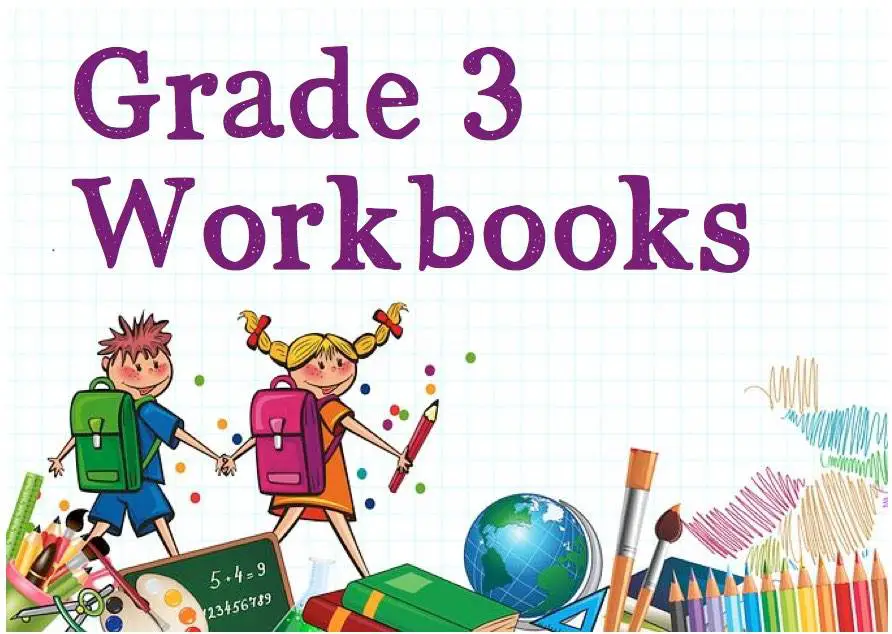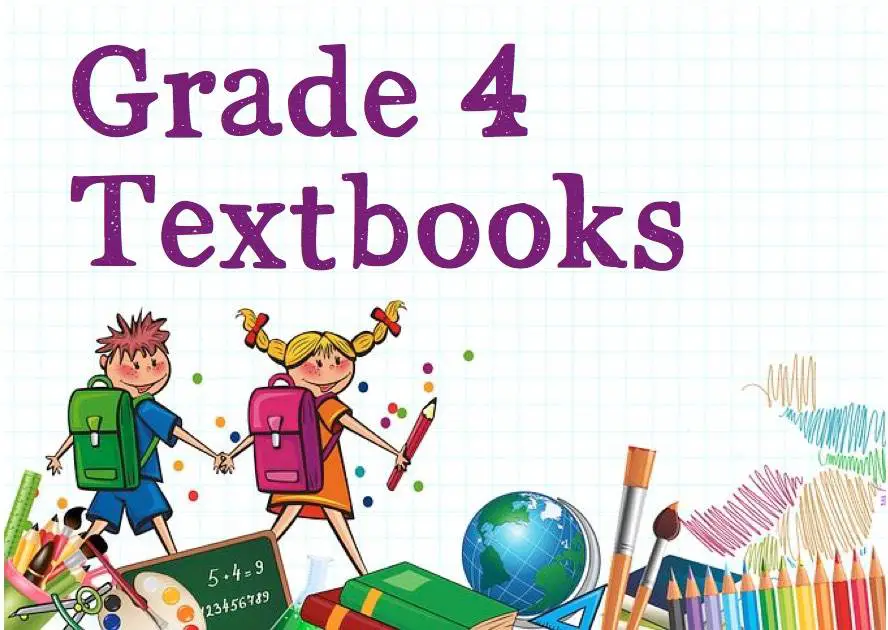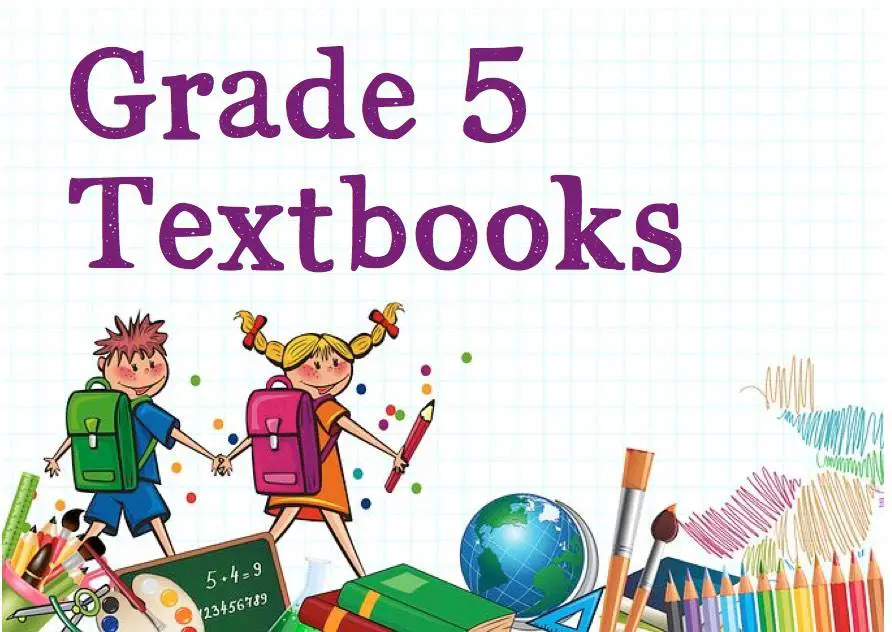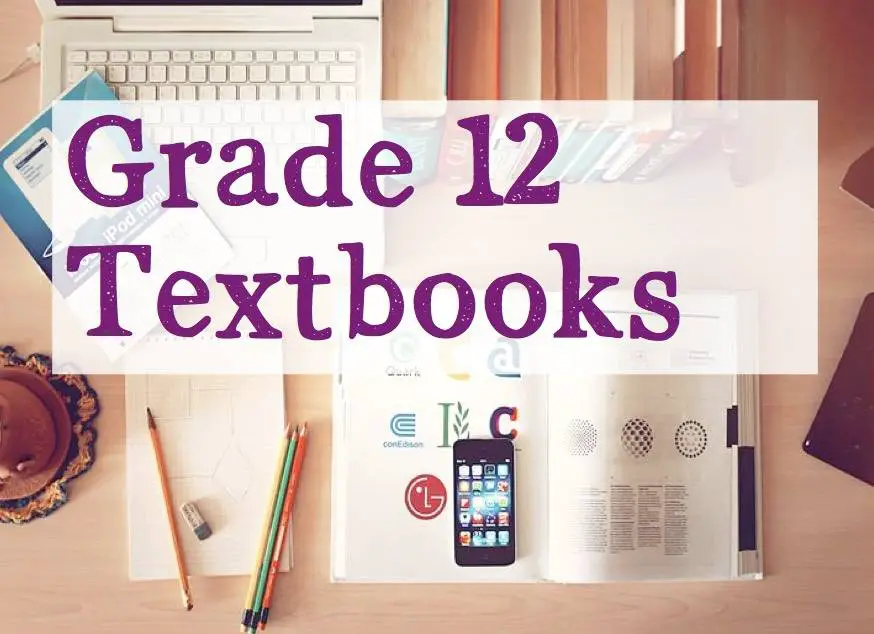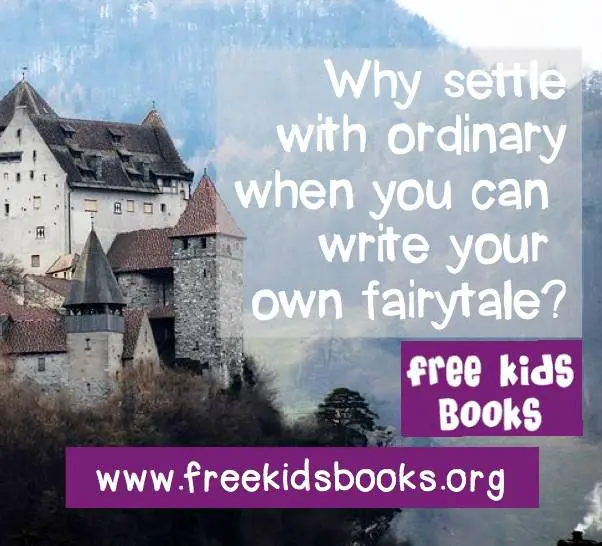The second edition of the fun micropoems compilation from Gabriel Rosenstock. Contemplative and great study for primary, middle school, or high school. Sample Page from More Micropoems <pages 14-15 of 26> Download or read the full book by selecting one of the buttons below the post. Author: Gabriel Rosenstock See more here from Gabriel Rosenstock …
Binti is full of energy and knows what she wants. But today is a special day for another reason. Find out more in this charming story for early grades. Sample Page from Binti Knows Her Mind <Page 7 of 16> Author: Richa Jha Illustrator: Kalyani Naravane Brought to us by Pratham Books see more by …
An interactive look at thriving in life with lessons and tips aimed at Gen Z readers.
The Eyes-Wide-Open series aims to guide Gen Z readers through the essential steps of self-discovery and personal growth, starting with understanding their identity and the world around them. It then helps readers define their goals and dreams, equips them with practical life skills, and emphasises the importance of consistency, perseverance, and resilience in overcoming challenges. The book encourages living with purpose and integrity, highlights the value of holistic well-being, and inspires a mindset of lifelong learning and curiosity, ultimately empowering young people to navigate life’s journey with confidence and adaptability.
The Monster is a simple book about a boy Sam who has depression, told by his younger sister. This is not only a lovely story but a great way to explain depression to children suffering, their friends and family, or to help all children become sensitised about mental health issues.
Categories: Age 6-9 years, All FKB Books, Animals, Behaviour, Cats, Fable, Grade 4 to Grade 6, moral, mouse, Mrs Arthur Bell, Older Children, Public Domain
Continuing on the Tales from the Sanskrit, this is a lovely story about nature and nurture. The story explores how, when the cat is trapped in a snare and asks for help, the mouse helps her, the owl waits to catch the mouse, and the cat kills the lizard, ultimately demonstrating how self-interest and opportunism can determine the fate of others, and that nature is hard to overcome.
Categories: Age years 13+, All FKB Books, Careers, Grade 7+, James Minter, Money, Non-Fiction
The second book in the Eyes-Wide-Open series, full of life hacks for Gen Z’ers by James Minter, helps establish good money habits with this easy-to-follow and insightful guide. Inside, you’ll learn how to: • Understand the psychology of money and rewrite limiting beliefs • Budget with purpose and align spending with your values • Save …
My First Halloween is a cheerful board book for very early readers. It follows a child getting ready for Halloween night, putting on a witch hat, carrying a candy basket, and meeting playful Halloween friends like bats, cats, ghosts, and even a friendly vampire. With fun sounds (“Boo!” “Meow!” “Ooo ooo!”) and simple, repetitive text, little readers can enjoy the excitement of trick or treating for the very first time.
Categories: Age 2-5 Years, All FKB Books, Children, Fantasy, Grade K and Pre K, Imagination, Toddlers
In a magical land, a curious boy named Mika meets Ali—a legendary puffball who’s lost, far from home. Determined to help, Mika joins forces with a talking pony named Scout – together they set off on a whimsical journey through woodland forests, one very hot desert, and a charming sand palace. Along the way, they …
